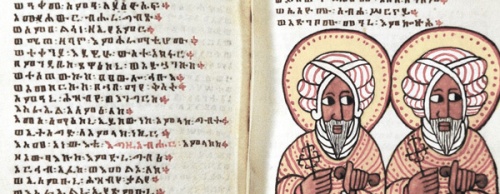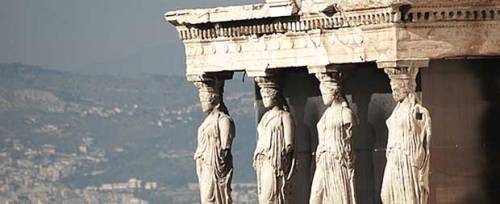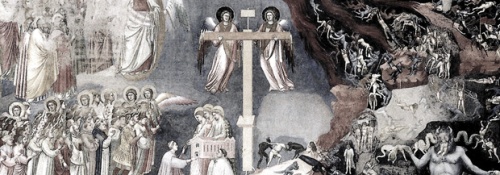Before moving house, I throw away all the old brooms. But this is just an antiquated superstition.

Inscription in the Asclepion at Epidayuros in Greece, imploring the god of Health for healing
There is, at the outset of any serious pursuit of understanding religion and the history of religion, the need to isolate and redeploy the use of the term ‘superstition’ as routinely applied in contemporary English.






























